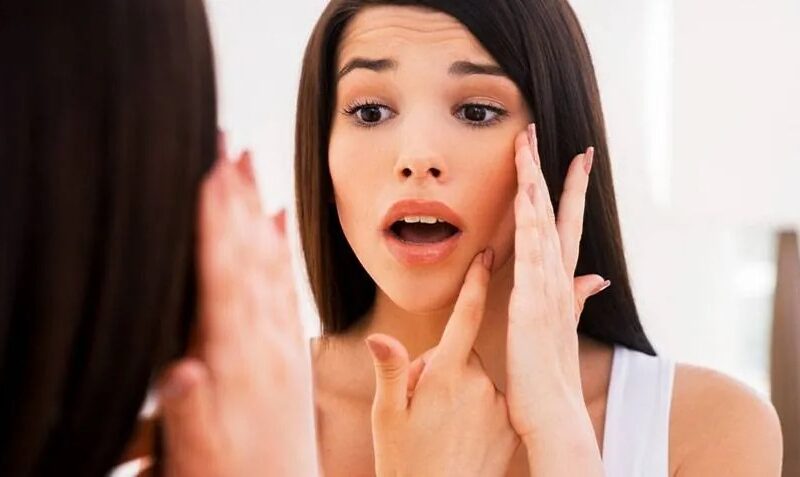Table of Contents
The Impact of Stress on Hyperpigmentation: A Hidden Link
Hyperpigmentation, a condition characterized by the appearance of dark spots or patches on the skin, can be caused by a variety of factors, including hormonal fluctuations, sun exposure, and certain medical conditions. However, did you know that stress can also play a significant role in exacerbating hyperpigmentation? In this article, we will explore the impact of stress on hyperpigmentation, and provide tips on how to cope and find relief.
How Stress Affects Hyperpigmentation
When we experience stress, our body’s “fight or flight” response is triggered, releasing hormones like cortisol and adrenaline into our system. These hormones can cause inflammation and oxidative stress, which can lead to the production of free radicals. Free radicals are unstable molecules that can damage skin cells, including those that produce melanin, leading to an increase in melanin production. This can result in the appearance of dark spots or patches on the skin, further exacerbating hyperpigmentation.
The Link Between Stress and Hyperpigmentation
Research has shown that stress can increase the production of melanin, leading to an increase in hyperpigmentation. A study published in the Journal of Clinical and Aesthetic Dermatology found that participants who were under chronic stress had significantly higher levels of melanin in their skin than those who were not stressed. Another study published in the Journal of Investigative Dermatology found that stress can also lead to an increase in the production of a protein called alpha-melanocyte-stimulating hormone (α-MSH), which can stimulate the production of melanin.
How to Cope with Stress-Induced Hyperpigmentation
While it may seem like a daunting task, coping with stress-induced hyperpigmentation is possible. Here are some tips to help you manage your stress levels and reduce the appearance of dark spots or patches on your skin:
Practice Relaxation Techniques
Stress can be managed through relaxation techniques such as meditation, deep breathing, and yoga. These techniques can help reduce cortisol levels and promote relaxation, which can help reduce the appearance of hyperpigmentation.
Get Enough Sleep
Lack of sleep can exacerbate stress, leading to an increase in cortisol levels and hyperpigmentation. Aim for 7-8 hours of sleep per night to help regulate your stress levels and reduce the appearance of dark spots or patches on your skin.
Eat a Balanced Diet
A balanced diet rich in fruits, vegetables, and whole grains can help reduce stress levels and promote healthy skin. Foods that are high in antioxidants, such as berries and leafy greens, can help reduce oxidative stress and promote collagen production, which can help improve the appearance of hyperpigmentation.
Use Topical Creams and Serums
Topical creams and serums containing ingredients such as hydroquinone, kojic acid, and retinoids can help reduce the appearance of hyperpigmentation. These ingredients can help inhibit melanin production, reduce inflammation, and promote collagen production, which can help improve the appearance of dark spots or patches on the skin.
Conclusion
Stress can have a significant impact on hyperpigmentation, leading to an increase in melanin production and the appearance of dark spots or patches on the skin. However, by practicing relaxation techniques, getting enough sleep, eating a balanced diet, and using topical creams and serums, it is possible to manage stress-induced hyperpigmentation and promote healthy, radiant skin. Remember, taking care of your skin is not just about using the right products – it’s also about taking care of your overall well-being.
Recommended Products
-
 Gmeelan Orange Enzymes Exfoliating Brightening Gel – 50gKD4.500
Gmeelan Orange Enzymes Exfoliating Brightening Gel – 50gKD4.500 -
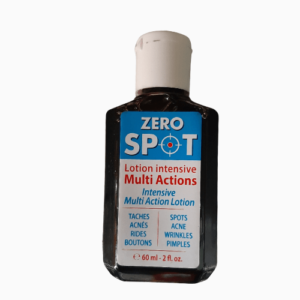 Zero Spot Lotion 60ml | Clear & Even SkinKD5.000
Zero Spot Lotion 60ml | Clear & Even SkinKD5.000 -
Product on sale
 You Glow Babe Beauty White REJUV SETOriginal price was: KD8.000.KD6.000Current price is: KD6.000.
You Glow Babe Beauty White REJUV SETOriginal price was: KD8.000.KD6.000Current price is: KD6.000. -
 Prestige Kagayaku Bleaching Soap 75gKD2.000
Prestige Kagayaku Bleaching Soap 75gKD2.000 -
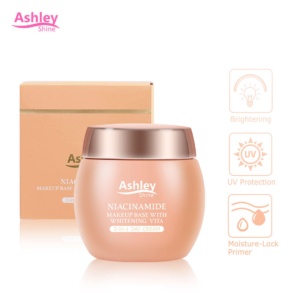 Ashley Shine Niacinamide Whitening 3 in 1 Day Cream – 50gKD4.000
Ashley Shine Niacinamide Whitening 3 in 1 Day Cream – 50gKD4.000 -
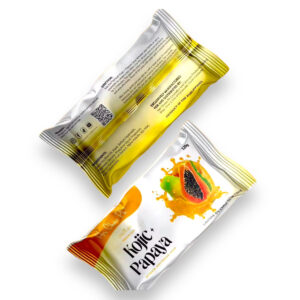 Her Choice Kojic Papaya Soap 120gKD2.500
Her Choice Kojic Papaya Soap 120gKD2.500 -
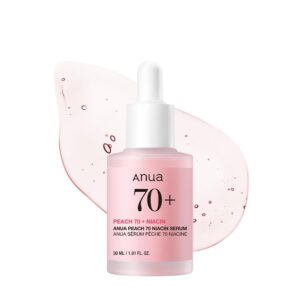 Anua Peach 70 Niacin Serum 30mlKD8.000
Anua Peach 70 Niacin Serum 30mlKD8.000 -
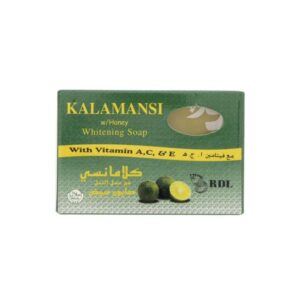 RDL Kalamansi Whitening Soap – 135gKD1.250
RDL Kalamansi Whitening Soap – 135gKD1.250 -
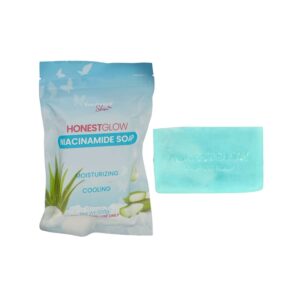 Honest Glow Niacinamide Soap by Transformed Skin 100gKD2.500
Honest Glow Niacinamide Soap by Transformed Skin 100gKD2.500

